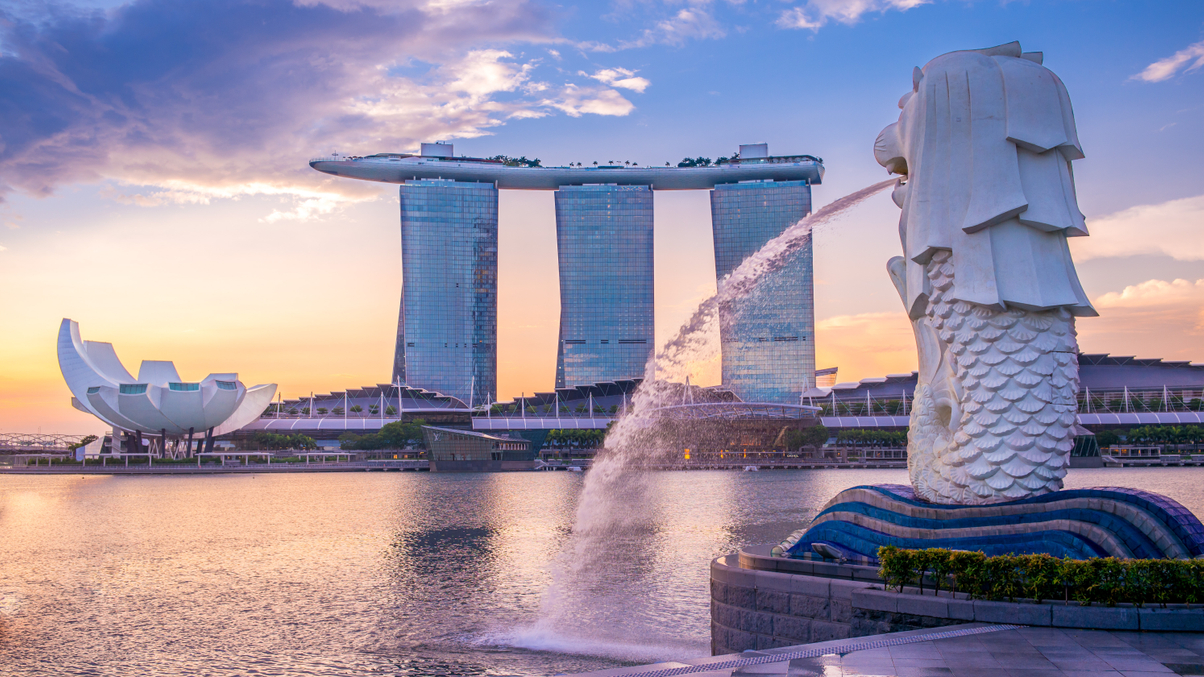Big Singapore institutions voice trade war fears
Influential investors GIC and Temasek, along with other Asian asset owners, are showing increasing concern about the escalation of the US-led trade conflict.

Institutional investors across Asia are growing more vocal in expressing fears about global trade tensions and macroeconomic uncertainty, with some reducing risk asset exposure and growing more cautious on deal-making.
Sign in to read on!
Registered users get 2 free articles in 30 days.
Subscribers have full unlimited access to AsianInvestor
Not signed up? New users get 2 free articles per month, plus a 7-day unlimited free trial.
¬ Haymarket Media Limited. All rights reserved.


